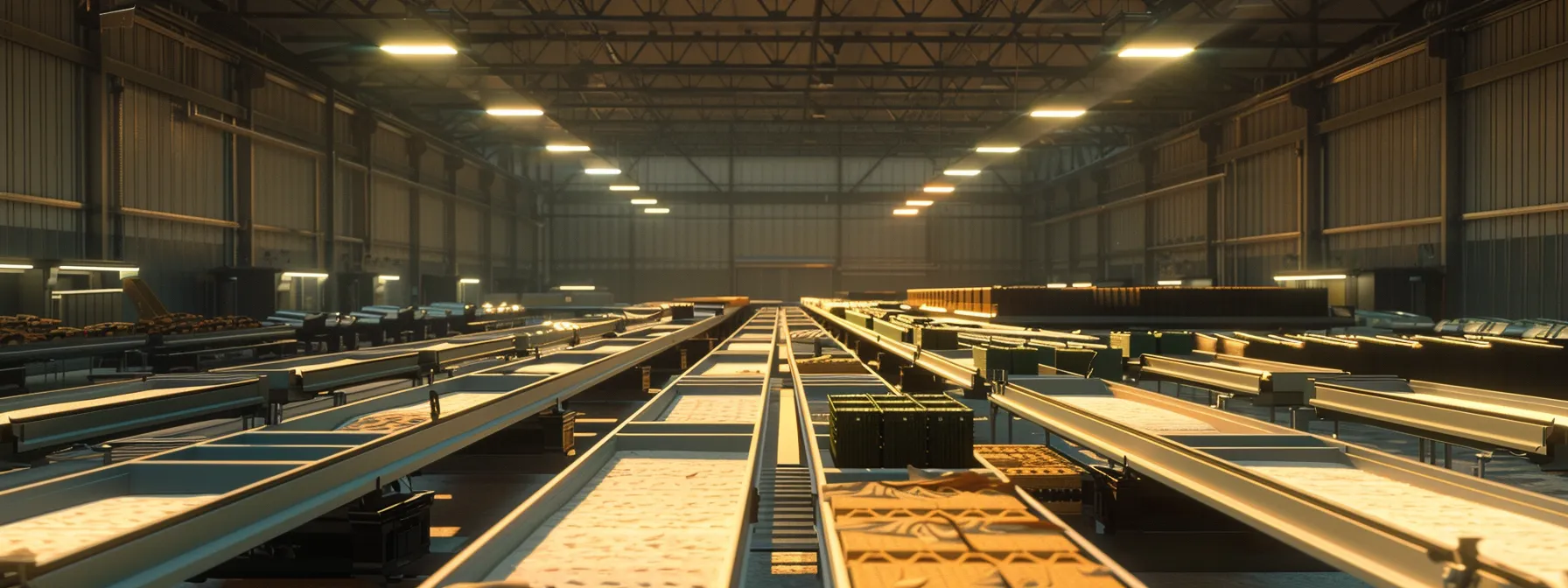Transforming the Industry: How Advanced Technology is Enhancing Manufacturing Operations
The manufacturing industry is witnessing a revolution, spurred by the emergence of advanced technologies. These cutting-edge tools and systems are not only redefining the capabilities of manufacturers but also reshaping the competitive landscape. At the heart of this transformation lies a strategic adoption of digital solutions, aiding businesses to enhance efficiency, productivity, and innovation. Keep reading to discover the significant ways in which advanced technology is enriching the manufacturing sector and preparing it for the challenges of tomorrow.
Transforming the Industry: The Role of Advanced Technology in Modern Manufacturing
The integration of advanced technology into manufacturing processes has ushered in an era of smart industry also known as Industry 4.0. With solutions ranging from predictive analytics to digital twins, manufacturers are gaining unprecedented insights into their operations. This shift not only streamlines production but also empowers proactive decision-making and product development.
Incorporating OTTO SEO strategies into the manufacturing ecosystem, companies are optimizing their online presence to showcase their technological advancements. This not only demonstrates their commitment to cutting-edge solutions but also enhances their market visibility. By doing so, potential clients and partners can identify synergies, fostering collaborations that drive the sector forward.
Another significant advancement is the implementation of enterprise resource planning (ERP) systems. These platforms integrate various business processes into a single, coherent system, ensuring that information flows freely across departments. As a result, manufacturers can respond to market changes with agility, backed by data-driven insights.
The Impact of the Internet of Things (IoT) on Manufacturing Operations

The IoT has transformed manufacturing into a highly connected and intelligent ecosystem. Devices equipped with sensors produce a continuous stream of data that provides granular insights into every aspect of the production process. This hyper-connectivity ensures a seamless flow of information across various platforms and devices, optimizing operations at every level.
IoT’s real-time monitoring capabilities allow manufacturers to track assets, manage energy consumption, and ensure the safety of the workplace. By leveraging this data, they can make informed decisions that lead to substantial cost savings and a reduced environmental footprint. Energy efficiency and sustainability are no longer aspirational goals but attainable realities with IoT in manufacturing.
When coupled with enterprise resource planning software, IoT elevates the functionality of these systems by supplying them with live data. This combination ensures that resource planning is not only accurate but also predictive, adjusting to fluctuating demands and supplier conditions spontaneously.
Enhancing Precision and Efficiency Through Artificial Intelligence (AI)

AI is setting new standards for precision and efficiency in manufacturing. By harnessing the power of machine learning (ML) algorithms, AI systems can predict outcomes, optimize operations, and drive innovation. This leads to better-quality products, reduced waste, and increased satisfaction for both manufacturers and consumers.
AI’s ability to process large volumes of data and detect patterns enables predictive maintenance, which can anticipate machine failures before they occur. This proactive approach minimizes downtime and maintains a steady flow of production, vital for meeting the demands of a fast-paced market.
With AI-driven quality control, visual inspection tasks are performed with an accuracy that surpasses human capabilities. The technology can identify even the slightest deviations from the norm, ensuring that every product meets stringent quality standards. This meticulous approach to quality not only bolsters a manufacturer’s reputation but also reduces costly recalls and customer dissatisfaction.
Overcoming Traditional Limitations With Additive Manufacturing and 3D Printing
3D printing and additive manufacturing represent a paradigm shift in how objects are created and designed. These technologies allow for the production of complex geometries that were once considered impossible or too costly to achieve with traditional methods. By building objects layer by layer, additive manufacturing minimizes waste and maximizes material efficiency.
The versatility of 3D printing enables manufacturers to produce customized and bespoke products without the need for large-scale runs. This democratizes the manufacturing process, giving businesses of all sizes the ability to compete in niche markets and respond to unique customer needs.
Overall, the introduction of advanced technology into the manufacturing industry is not just a trend; it’s a transformative movement. By embracing automation, AI, IoT, and innovative manufacturing techniques like 3D printing, businesses are redefining efficiency and setting a new standard for production excellence. These technologies herald a future where manufacturers can thrive in a rapidly evolving market with resilience, agility, and innovation at their core.





